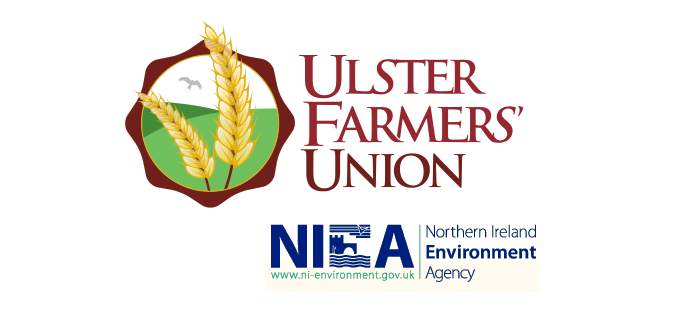Environmental restrictions on planning proposals in Northern Ireland (NI) are “significantly hampering” pig sector growth according to the Ulster Farmers Union (UFU).
UFU officials recently met the Northern Ireland Environment Agency (NIEA) to discuss pig farmers’ frustrations over the issue, pointing out that since 2006, NIEA has only permitted 14 IPPC standard pig units (more than 750 sows or 2000 finishing pigs) to be constructed.
“This rate of approval is significantly hampering the Agri-Food Strategy Board’s Going for Growth target of a 40% increase in the national sow herd to 52,000 sows by 2020,” said the union.
The response from NIEA stressed that there is a “widespread biodiversity problem throughout NI that has occurred as a result of nitrogen deposition from ammonia”. It seems that, while ammonia levels have been falling elsewhere in the UK, atmospheric monitoring in NI has shown that local levels are increasing.
As such, according to NIEA, a significant proportion of new planning applications in NI fall within the radius of a designated site or priority habitat. In light of this, the current working position of NIEA is to only accept applications that produce less than 10% of the annual critical level of ammonia for any designated site that could be impacted.
NIEA went on to list a number of “appropriate actions” to mitigate against the impacts of ammonia which farmers might take in order to expand production. These included investing in fans, chimney stacks, bio-filters, air scrubbers, abatement systems, diet alterations or anaerobic digestion.
Given that such an “abatement system” may cost in excess of £250,000, UFU replied that, against a backdrop of ever reducing farm margins, it was “unlikely” the average NI pig farmer will be able to afford such measures.
“If NI’s Department of Agriculture and Rural Development and Department of Environment are serious in their backing of the industry’s target for a 40% growth, whilst safeguarding the environment, they must establish a more pragmatic approval system that considers the wider environmental impacts of these modern production facilities,” said UFU.
The union also suggested that local policy makers needed to follow the example of other EU member states, such as Denmark, where €20 million (£14.5m) has been made available to fund an environment technology scheme, specifically to finance abatement techniques.
“Such an approach would ensure that pig farmers in NI can modernise their businesses and improve the local environmental situation whilst allowing farmers to continue to expand to meet the needs of the global market,” said UFU.




